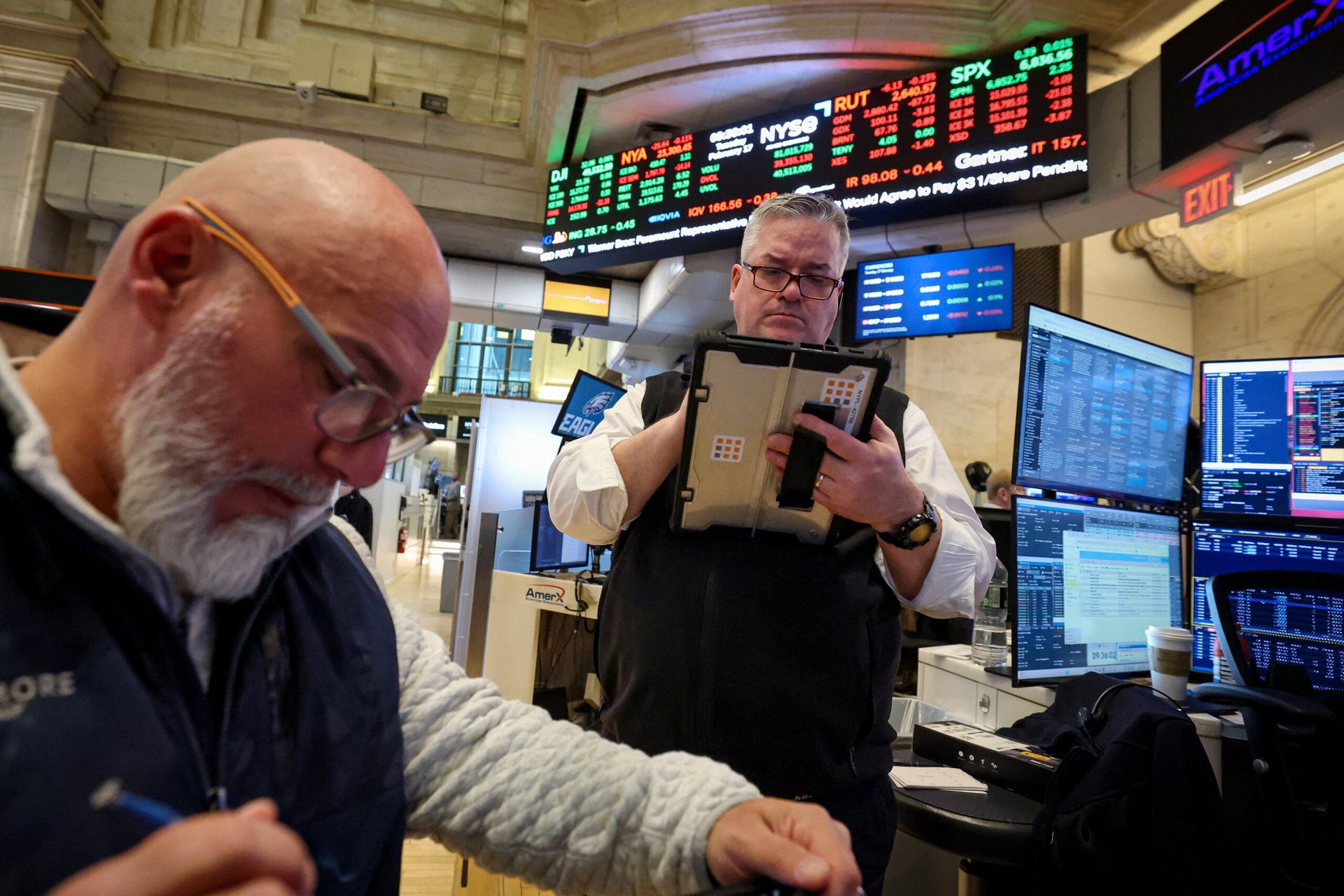Roger Ver, widely known in the crypto world as “Bitcoin Jesus,” has reached a settlement with the U.S. Department of Justice (DoJ) to end a tax fraud case. The agreement marks one of the most high-profile reversals in crypto enforcement under President Trump’s administration.
Roger Ver Settlement Highlights Trump Administration’s Softer Stance on Crypto Enforcement
According to a New York Times report, Ver will pay about $48 million to resolve charges of fraud and tax evasion. The deal is structured as a deferred-prosecution agreement, meaning the charges will be dropped if he meets the terms. Federal prosecutors accused Ver of failing to pay taxes owed on his digital currency holdings when he renounced his U.S. citizenship in 2014.
The agreement is yet to be filed in court by Justice Department. Hence, there may still be a change to the information. But the settlement by ‘Bitcoin Jesus’ reflects a more lenient attitude to crypto enforcement cases by the new regime in contrast with the old one. The Biden administration might have been very aggressive in similar cases.
Also, the Securities and Exchange Commission (SEC) broadened its regulation over digital assets. However, the current SEC Chair Paul Atkins stated that crypto is a top priority for the regulator. The CFTC also plans to align regulatory frameworks with the SEC.
There has been a remarkable change in Trump’s style of regulating the crypto industry. In January this year, SEC had abandoned legal actions against some of the largest crypto exchanges like Coinbase. Trump also pardoned several figures tied to the industry, such as Ross Ulbricht, founder of Silk Road, and the BitMEX exchange founders convicted of money-laundering violations.
Roger Ver’s Political Ties and Lobbying Efforts Shape Outcome of Tax Case
Ver, now 46, was arrested in Spain last year as the Justice Department sought his extradition. Prosecutors said he concealed the value of his Bitcoin holdings before renouncing citizenship.
The controversy surrounding those early Bitcoin holdings has long fueled speculation about Roger Ver’s possible connection to dormant Satoshi-era wallets. A recent report even questioned whether he might be the whale behind an $8 billion BTC transfer.
His case soon became a rallying point among crypto supporters who accused the government of unfairly targeting early adopters. In January, Ver claimed in a social media video that he faced a possible sentence exceeding 100 years. He appealed directly to President Trump, asking for help and calling himself a victim of political bias. “Only you, with your commitment to justice, can save me,” he wrote on X.
Roger Ver also spent heavily to influence the case. Records show he paid $600,000 to political consultant Roger Stone to lobby against the tax provisions involved. He also hired David Schoen, who represented Trump during his second impeachment trial, and attorneys linked to Trump’s legal defense teams. As enforcement eases, Ver’s deal could be a sign of wider leniency toward digital asset figures once accused of wrongdoing.


























